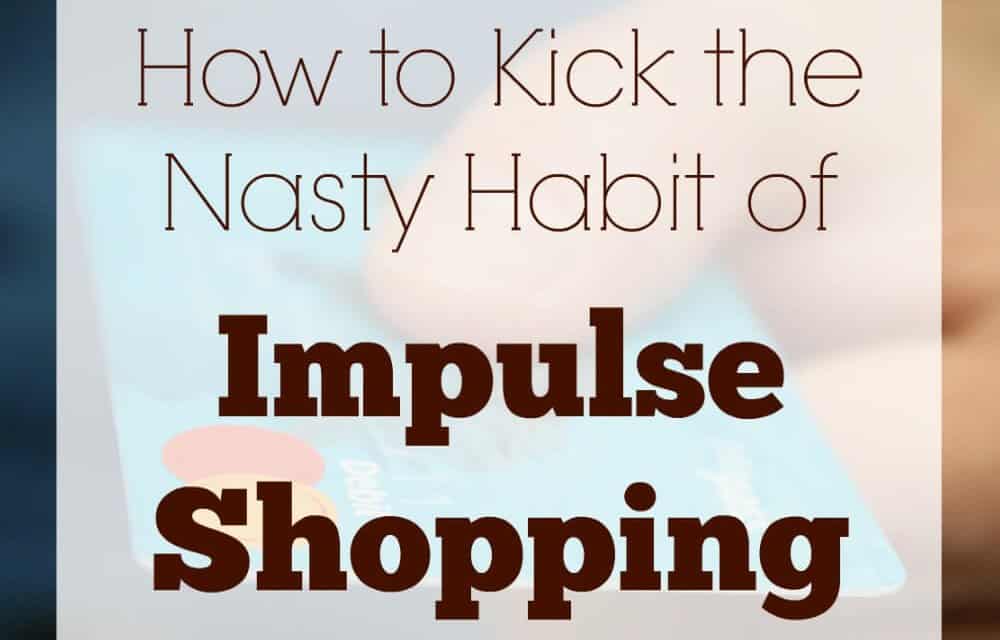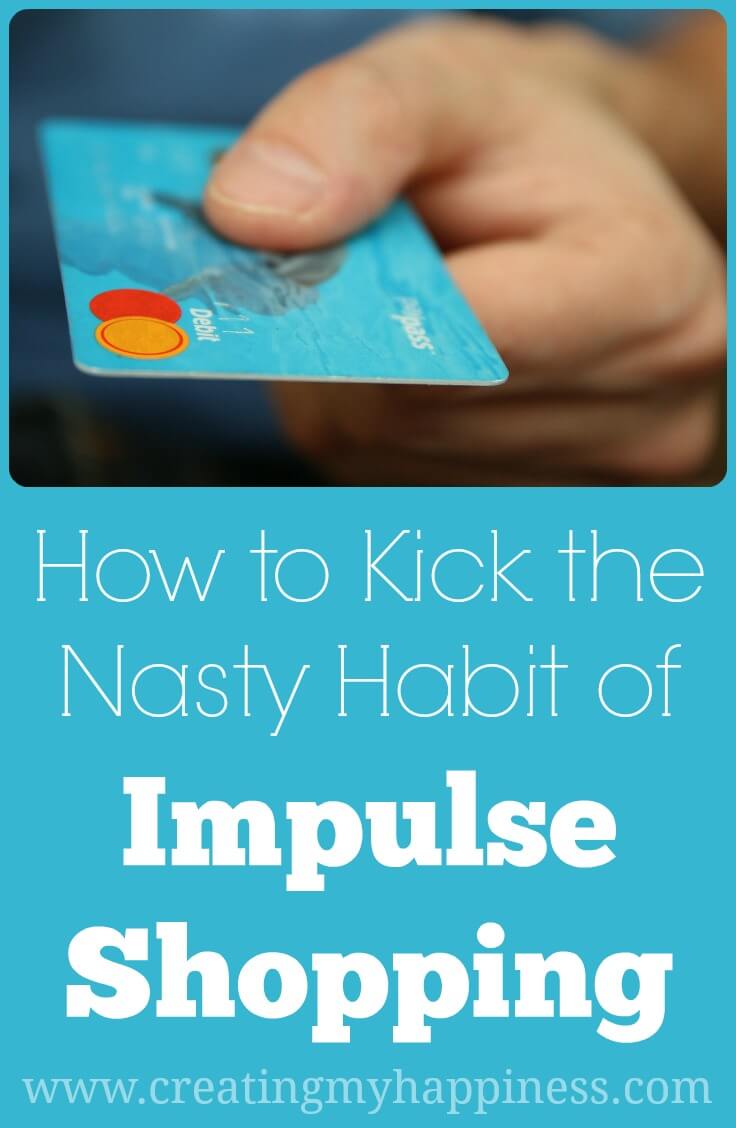This is a guest post from Casey Meehan of Stockhax.com.
We all like nice things, and despite being told by our parents to always distinguish between what we want and what we need, sometimes it feels like we can’t help our buying habits.
Impulsive shopping is a bigger problem in our lives than most of us realize, too.
In order to kick this nasty habit, we need to understand the psychological factors that drive us into it in the first place.
Why do we shop impulsively?
You have probably heard someone say that we shop to fill the holes in our lives. Quite often, impulsive shoppers purchase items they don’t need to meet certain emotional needs.
We spend money impulsively with the hope that what we purchase will make us a little more confident, presentable or happy. Basically, we try to put ourselves in a better mood by buying things we don’t necessarily need.
This concept is known as retail therapy, and it plays on a common fallacy that we all fall prey to in our lives: “If I could just get X, then Y will be all right.”
Apart from our own internal psychological issues, we can be driven to impulsive shopping by external factors, particularly marketing. We are constantly bombarded with advertising everywhere we go that reinforces those insecurities.
And according to Beta Bait, almost 90 percent of the items we buy impulsively are usually on sale. Many of us are easily seduced by the notion of paying less for things, and this desire is often coupled with the fear of missing out on the window of opportunity that is the sales period.
How can we tell if our impulsive shopping is out of control?
Impulsive shopping can put us in a serious financial situation if it gets out of hand. We may get away with small impulsive purchases like food items, but when we buy bigger items without planning, our credit card debts can quickly spiral out of control.
It is in your best interest to watch out for the tell-tale signs of compulsive shopping:
- Are you unable to afford basic items because you spent all your money on high-ticket purchases like clothes?
- Are you arguing with the people in your life because they don’t approve of your spending habits?
- Do you feel a certain high, a sort of euphoria every time you buy something nice?
- Are you lying to your family members or friends about the cost of some of your possession because you think they would see it as a waste of money?
If the answer to one or more of these questions is yes, you might be an impulsive shopper with a real problem.
What can you do to curb your tendency to shop impulsively?
There are many solutions that people use to curb impulsive shopping tendencies, but for any of them to work, it takes willpower and dedication on the part of the shopper.
One highly effective solution is to avoid using credit cards, and instead use cash for all purchases. Human minds tend to appreciate the value of cold hard cash more than they do electronic cash.
Likewise, we tend to shop more erratically online than in brick and mortar shops. You have an easier time charging a $100 purchase on a credit than you do handing a crisp new $100 note to a cashier.
Another effective solution is to sleep on any big purchases. Every time you see something and feel the impulse to buy it, train yourself to sleep on the idea, and see if you still have the desire to purchase the item in a day or two.
Creating a budget can help you monitor spending and make you fully appreciate the weight of every impulsive purchase you wish to make. You should also create a shopping list and a shopping schedule, and stick to both of them.
Finally, you are less likely to shop impulsively if you are accountable to someone. Whether it is your better half, a friend, or a family member, you are less likely to buy items you don’t need if you let someone review your well-kept purchase records. Let someone see your receipts, and they just might nudge you into more responsible shopping habits.
image by: jarmoulk
AUTHOR BIO
Casey Meehan is a personal finance blogger. You can find more of his tips and ideas at StockHax.com.







